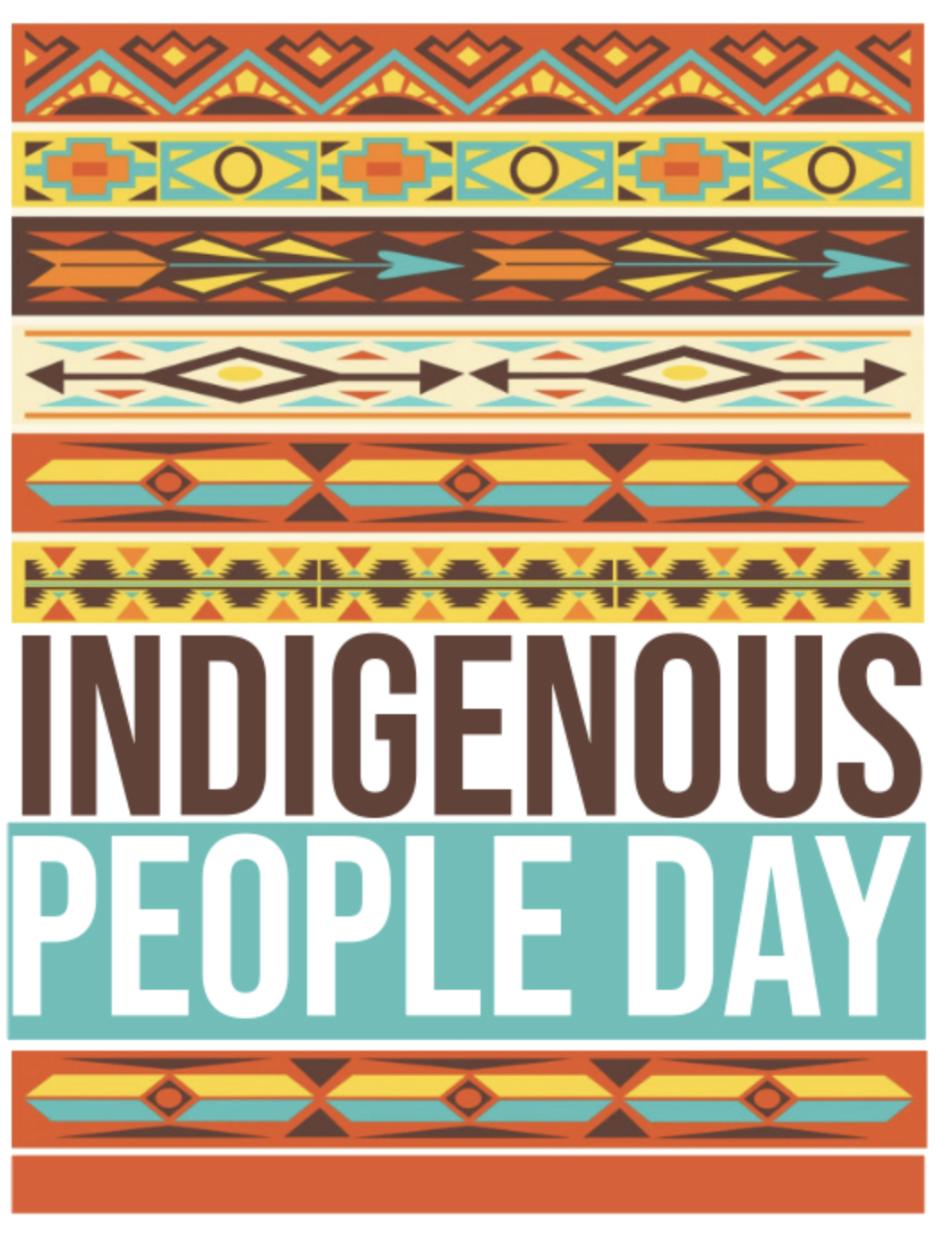Photo: Welcoming Indigenous Peoples’ Day
Some have called it a “white supremacist’s holiday.” For others, it’s a reminder of the atrocities and genocide that took place on this land about 500 years ago. Let us stop celebrating violence, and move to celebrate the diverse and culturally rich native peoples by renaming the holiday on the second Monday of October to Indigenous Peoples’ Day.
Follow this link to our Change.org petition.
On the 500th anniversary of Columbus’s arrival to the Americas, Berkeley, California, declared Oct. 12 to be a “Day of Solidarity with Indigenous People.” As such, Berkeley officially became the first municipality to celebrate Indigenous Peoples’ Day. Since then, at least 10 states and 130 cities have made the transition as well. Our neighbors in Cambridge, Brookline, Somerville, and Marblehead have moved forward. If we want Belmont to live up to its promises of inclusivity and progressiveness, it only makes sense that we follow the footsteps of our neighbors and rename the holiday to Indigenous Peoples’ Day.
For more than 500 years, indigenous peoples have been oppressed by European settlers. This began with Columbus. Upon his arrival to the Bahamas – he never stepped foot on the continental US – Columbus infringed on the territory of millions of indigenous people, especially that of the Taino people, whom he shortly enslaved. Hundreds were sent back to Spain while thousands of others were forced to scavenge the land for gold. He mutilated the Tainos who didn’t fulfill their quota of gold. He sent dismembered Taino bodies through the streets to assert his superiority. Michele de Cuneo, one of Columbus’ royal companions, wrote in his journal about how Columbus raped and tortured a Taino woman. It is much unsaid about what Columbus did to the Taino people, but these few examples give the essence of his disgusting treatment of them.
We would also add that his actions didn’t impact only the Taino people. His arrival to the Americas began the Columbian Exchange, which brought the irreversible impact of diseases like smallpox to the indigenous people. An estimated 90 percent of Aboriginal Americans died of smallpox. Altogether, his actions set into motion what would become a mass genocide of the indigenous people of the Americas.
Early on, students learn of Columbus as a great hero and the discoverer of America; the reason for where we are today. But celebrating him as a hero misses the point. He did not discover the Americas; he merely stole them. It also leaves out a far more important half of the story. Celebrating him serves as a reminder of how he took away the land and lives of countless native people. And while it is important to acknowledge his mistreatment of natives, we must not honor violence. By celebrating Indigenous Peoples’ Day, we can honor the traditions and culture of the indigenous peoples of America, instead of a merciless outsider.
After a year of consideration and planning, we have launched a town-wide petition to rename the holiday to Indigenous Peoples’ Day. We ask that you share it with anybody who supports the change so that our town government officials can see the interest our community has in taking such an action.
Alex Fick
Lora Ovcharova








Leave a Review or Comment